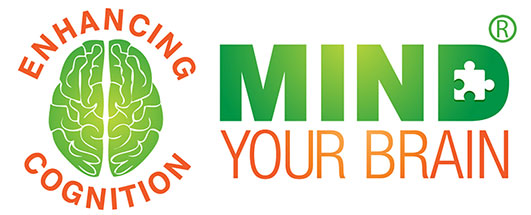Cognitive Rehabilitation Therapy (CRT)
CRT part 3 CRT part 3 The client- A closer look at the brain injury survivor’s experience
What about Cognitive Rehabilitation
CRT what it is and what it should be
Society for Cognitive Rehabilitation
Cognitive Rehab after stroke: Patient-Family Information
Summary
- Article NameCognitive Rehabilitation Therapy
-
DescriptionWhat is Cognitive Rehabilitation, and how does it work?
- Author Heike Dumke
- Publisher NameMind your Brain
- Publisher Logo

For people, whose thinking ability/ memory functioning has been compromised through a brain insult (e.g. acquired brain injury including concussion, drowning, brain surgery, brain infection) or following a diagnosis of medical/ neurodegenerative disease (e.g. Parkinson’s Disease, Multiple Sclerosis, dementia, mild cognitive impairment, stroke), life can become a daily struggle. Tasks like being at an important appointment at the right time can be daunting for a variety of reasons. These reasons can range from simply forgetting the appointment to getting confused with directions or which way to turn when leaving the appointment to go home. Cognitive difficulties might also show up in daily life as being overwhelmed by too much information. Examples include feeling overwhelmed by the number of items in the grocery store aisle when you want to find a specific product; difficulties planning and organizing a task or errands because it involves too many things to consider, or just simply filling out a form; making too many errors; or just not being able to stay on a task because you either cannot concentrate for as long as the task requires or because of distractibility. These are just a few examples of the myriad of daily difficulties that people experience when their cognition has been compromised.
In addition, people and/ or their loved ones often do not know what specific causal factors underlie these everyday difficulties, resulting in dysfunctional strategy utilization. The consequence is confusion, an increased level of stress, and other emotional difficulties such as irritability, frustration, or impulsivity. All of these can lead to decreased motivation to go out in public or meet friends because of the worries and fear that come with not knowing how to solve the problem effectively and successfully, resulting in turn in depression and anxiety.
It is for these reasons that cognitive difficulties following brain insults (e.g. traumatic brain injuries) are often cited as the “greatest barrier” for people to return to work, school, home, and normal life.
The social isolation that comes with the difficulty to address and eradicate these everyday struggles can result in the downward spiral or a vicious cycle that is difficult to escape without outside help!
At Mind your Brain, Heike can help you and your loved ones understand why these everyday difficulties are happening and how, despite so much energy invested in staying ahead of the difficulties, the problems continue to keep your life a daily struggle.
And, of course, Heike will teach you how to address these difficulties through, for example, teaching you how to utilize cognitive exercises as well as strategies efficiently, effectively, and successfully. At the same time, Heike will provide you with the emotional support and guidance throughout your journey towards reaching your optimal level of functioning and, with it, improve your quality of life.
Summary
- Service Type Care for people with acquired brain injury
- Provider NameMind your Brain,
400-601 West Broadway,BC-V5C 4C2 ,Telephone No.16048027291 - Area British Columbia incl Greater Vancouver, and Yukon
- DescriptionTherapeutic care for people with acquired brain injury


 Cognitive aging/ cognitive health
Cognitive aging/ cognitive health